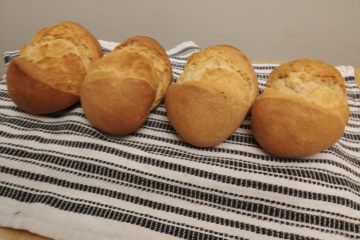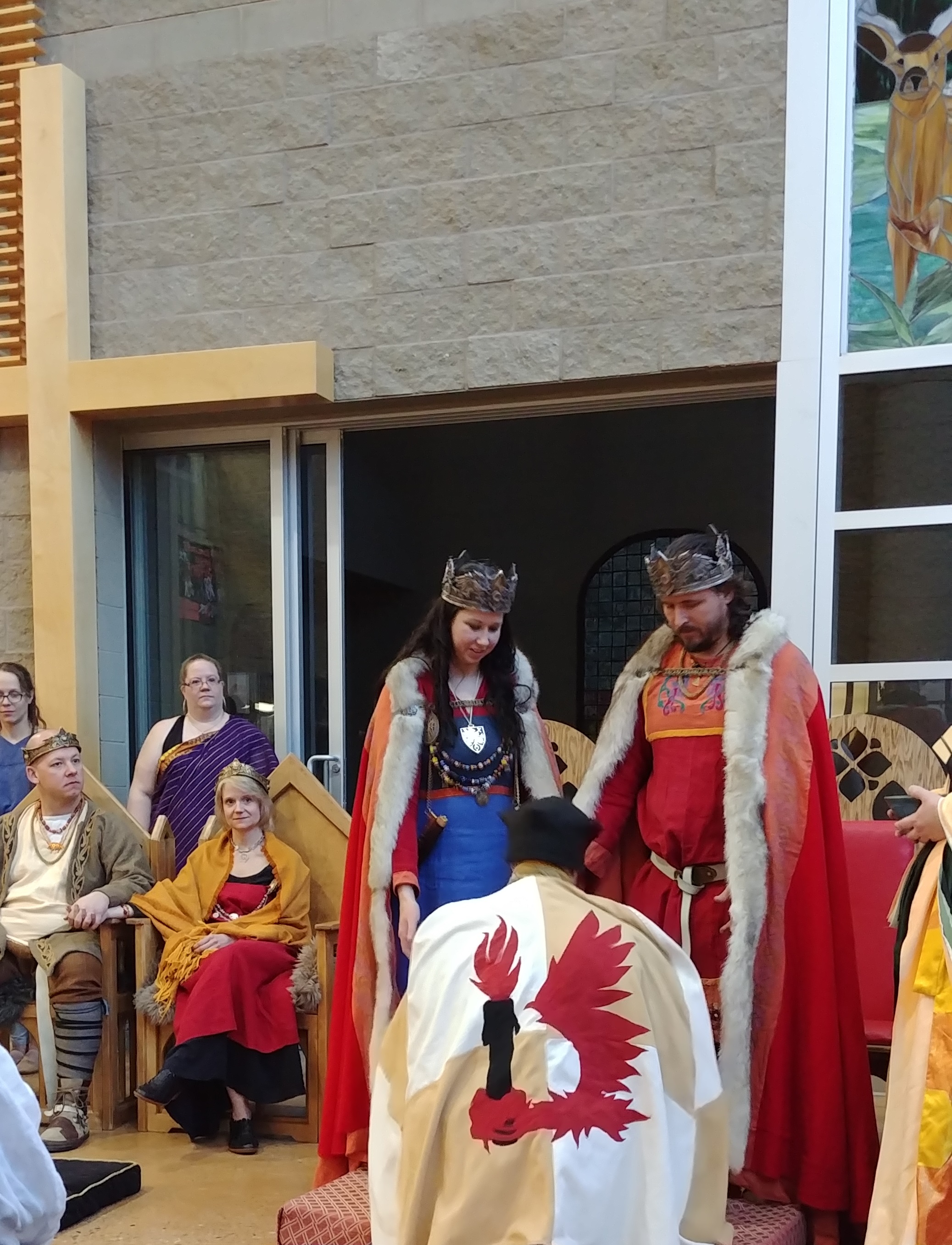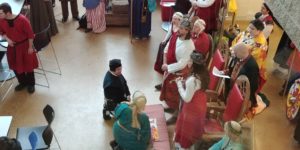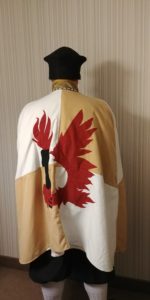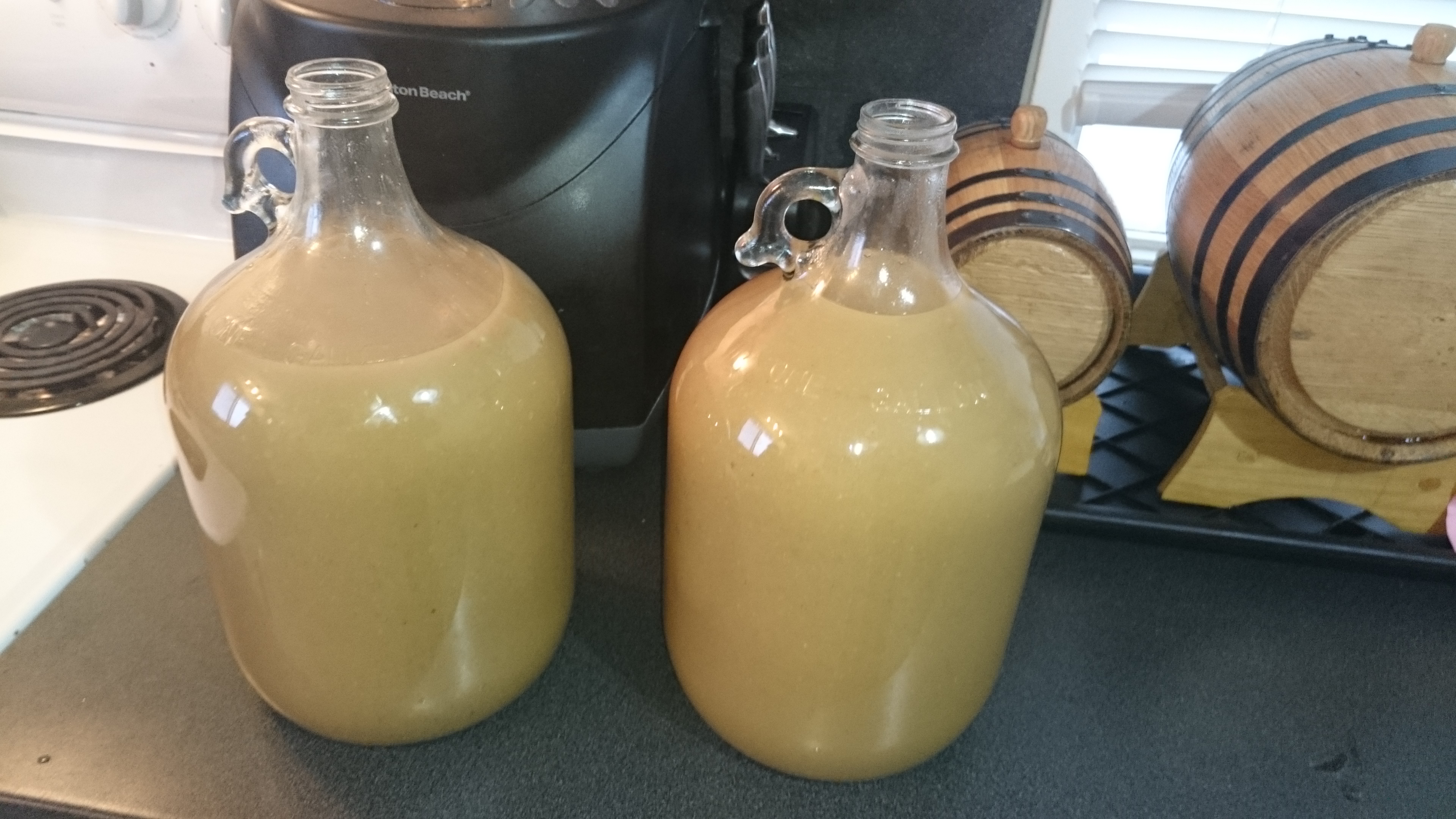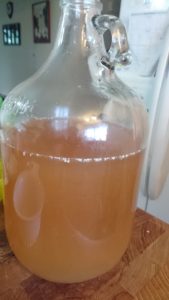A&S
Beer Barm Bread (Manchet)
I know I’ve been talking about ale or beer barm bread off and on for a while now. In fact I made some out of mead barm too. And I’ve come up with a number of ways of making a medieval loaf. Today I put my money where my mouth is. I’ve got some barm from a local brewer and I’m making beer barm bread. Technically it’s ale barm bread, but that’s a modern technical difference, not one from period. In the pre-modern period it would just have been called beer barm.
First up, our recipe:
(more…)Fine Manchet. “Take halfe a bushell of fine flower twise boulted, and a gallon of faire luke warm water, almost a handful of white salt, and almost a pinte of yest, then temper all these together, without any more liquor, as hard as ye can handle it: then let it lie halfe an hower, then take it up, and make your Manchetts, and let them stande almost an hower in the oven. Memorandum, that of every bushell of meale may be made five and twentie caste of bread, and every loafe to way a pounde besyde the chesill.
The Good Huswife’s Handmaide for the Kitchen,
1588
